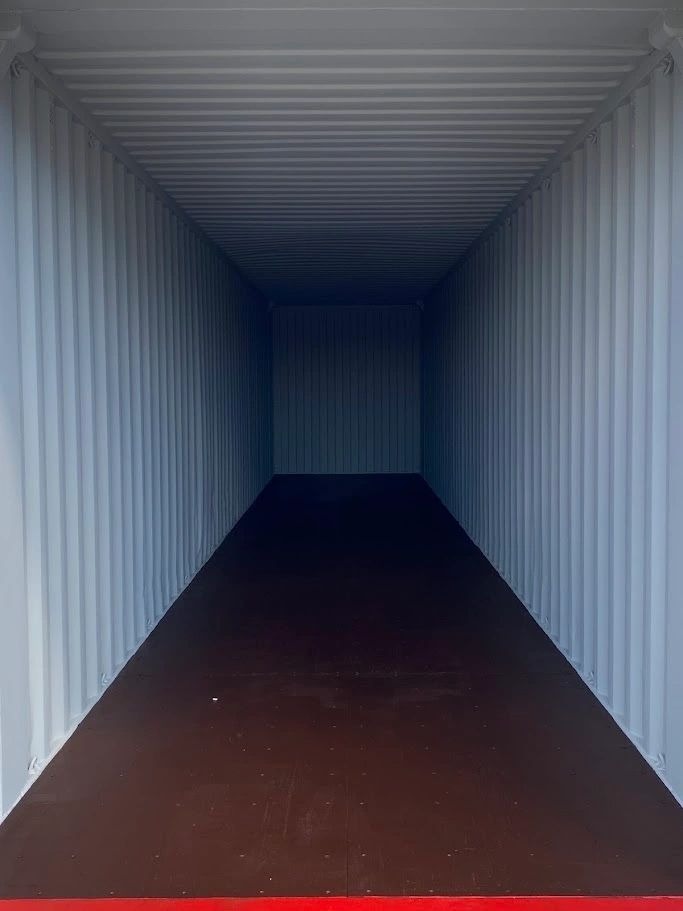10 Tips For Getting The Most Value From 20 Ft Container Dimensions
Understanding 20 Ft Container Dimensions: A Comprehensive Guide
Shipping containers have become the backbone of international trade, enabling organizations to carry products effectively across nations and continents. Among the various sizes offered, the 20-foot container is one of the most popular choices due to its flexibility and practicality. This post aims to provide a detailed overview of 20 ft container dimensions, their requirements, and frequently asked questions surrounding them.
Summary of 20 Ft Containers
The 20 ft container, formally referred to as a TEU (Twenty-foot Equivalent Unit), is generally used in shipping and transport of items. Its dimensions may a little differ depending on the manufacturer and function, but the general requirements stay fairly constant across basic models.
General Dimensions
Below is a table summarizing the crucial dimensions of a basic 20 ft shipping container:
Dimension
Measurement (Feet)
Measurement (Meters)
External Length
20 ft
6.058 m
External Width
8 ft
2.438 m
External Height
8.5 ft
2.591 m
Internal Length
19.4 ft
5.898 m
Internal Width
7.7 ft
2.352 m
Internal Height
7.9 ft
2.385 m
Optimum Payload
28,200 pounds
12,700 kg
Volume
1,172 cu ft
33.2 cbm
Variations of 20 Ft Containers
While the standard 20 ft container is extensively utilized, numerous variations accommodate specific requirements:
High Cube Container:
- Height: 9.5 ft (2.896 m)
- Offers additional vertical space, making it ideal for lightweight however abundant cargo.
Reefer Container:
- Temperature-controlled for disposable goods.
- Dimensions may differ however typically match basic containers in length and width.
Open Top Container:
- Designed for extra-large cargo that can not fit through standard doors.
- Comes geared up with a detachable tarpaulin covering.
Flat Rack Container:
- Used for carrying heavy equipment and oversized products.
- Has no sides or roof, offering versatility in loading.
Tank Container:
- Used for transferring liquids.
- While it normally shares the 20 ft frame, the internal geometry differs considerably.
Benefits of Using 20 Ft Containers
- Flexibility: Suitable for various types of cargo, from equipment to fabrics to perishables.
- Affordable: Cheaper than larger containers, making it an excellent choice for small deliveries.
- Easy Handling: Standard size permits simpler loading and unloading in different transportation methods.
- Stackable: Designed to be safely stacked, optimizing area during transport.
Often Asked Questions
Q1: What is the maximum weight a 20 ft container can hold?
The maximum payload for a standard 20 ft container is generally around 28,200 pounds (12,700 kg). However, it's essential to keep in mind that weight limitations can differ depending upon regulations in different nations.
Q2: How many pallets can suit a 20 ft container?
Usually, a 20 ft container can accommodate around 10 standard pallets (48 inches x 40 inches) when filled optimally.
Q3: Can I lease a 20 ft container, and just how much does it cost?
Yes, lots of shipping business provide container rental services. The cost can vary considerably based upon place, period, and condition of the container. On average, leasing a 20 ft container could range from ₤ 100 to ₤ 300 each month.
Q4: Are there standard colors for shipping containers?
Shipping containers can come in different colors, although most are painted in basic colors like green, blue, or beige. 20ft Container Internal Size suggests ownership by shipping companies.
Q5: How do I determine if a container is ideal for my cargo?
Ensure that the container's internal dimensions and scores match the requirements for your specific cargo. Factors to think about include weight, volume, and the requirement for temperature level control.
20 ft containers work as a vital component in global shipping and logistics. Their basic dimensions, integrated with the availability of variations to match diverse shipping needs, make them a popular choice amongst services. Comprehending these dimensions, in addition to the benefits and constraints of 20 ft containers, can substantially enhance logistical choices for companies and individuals alike.
Whether you're in the market to rent, buy, or merely inquiring, equipped with the best understanding ensures you can tackle the complexities of shipping with confidence.
